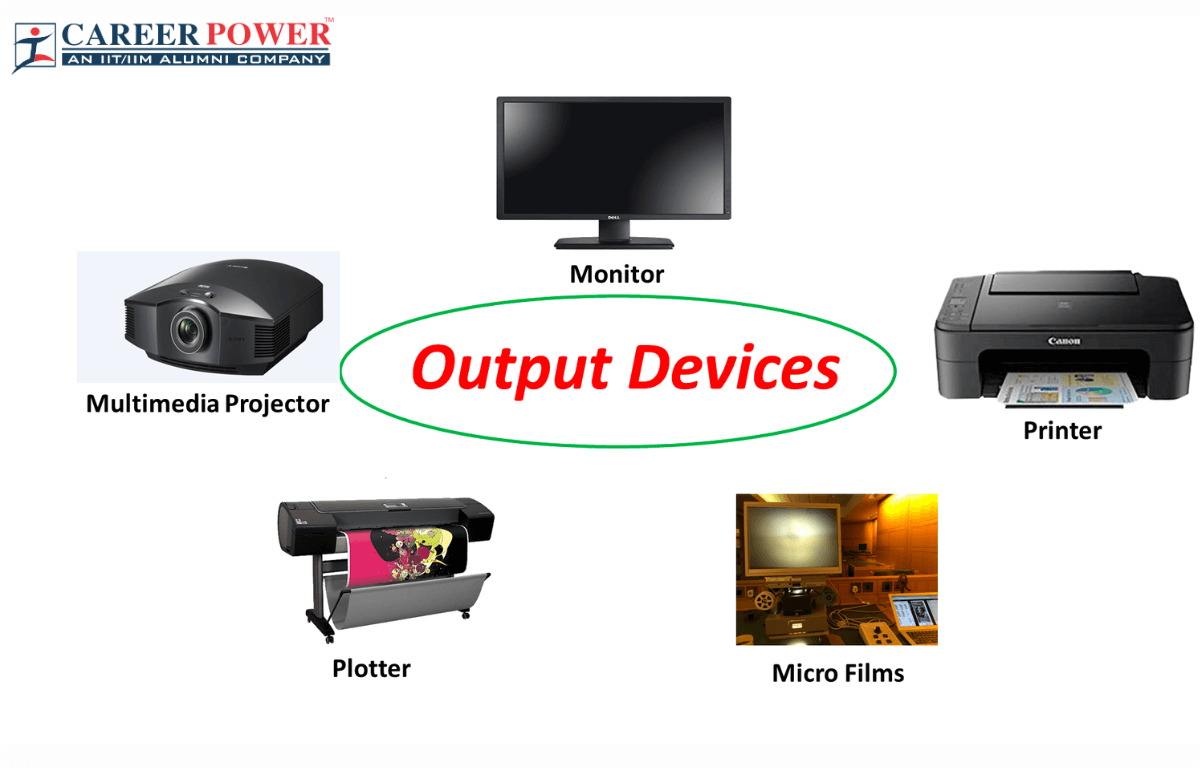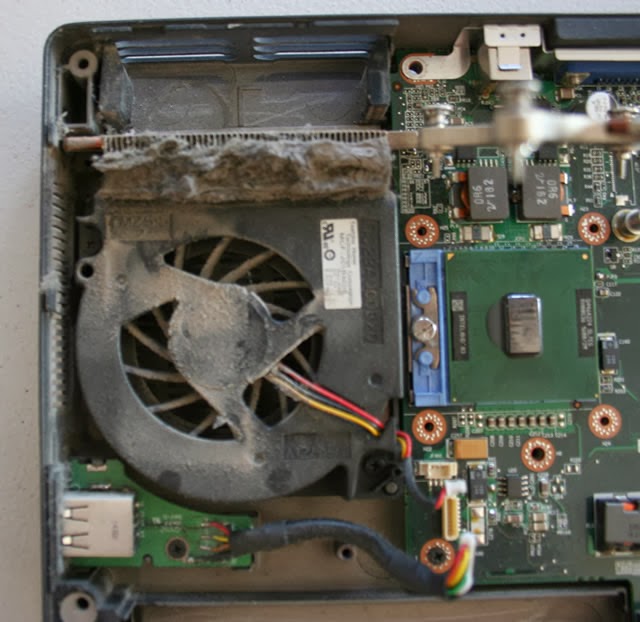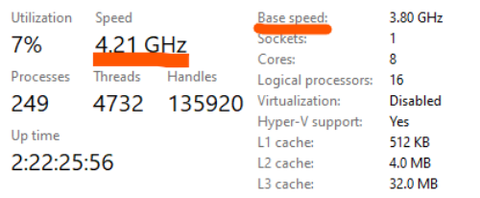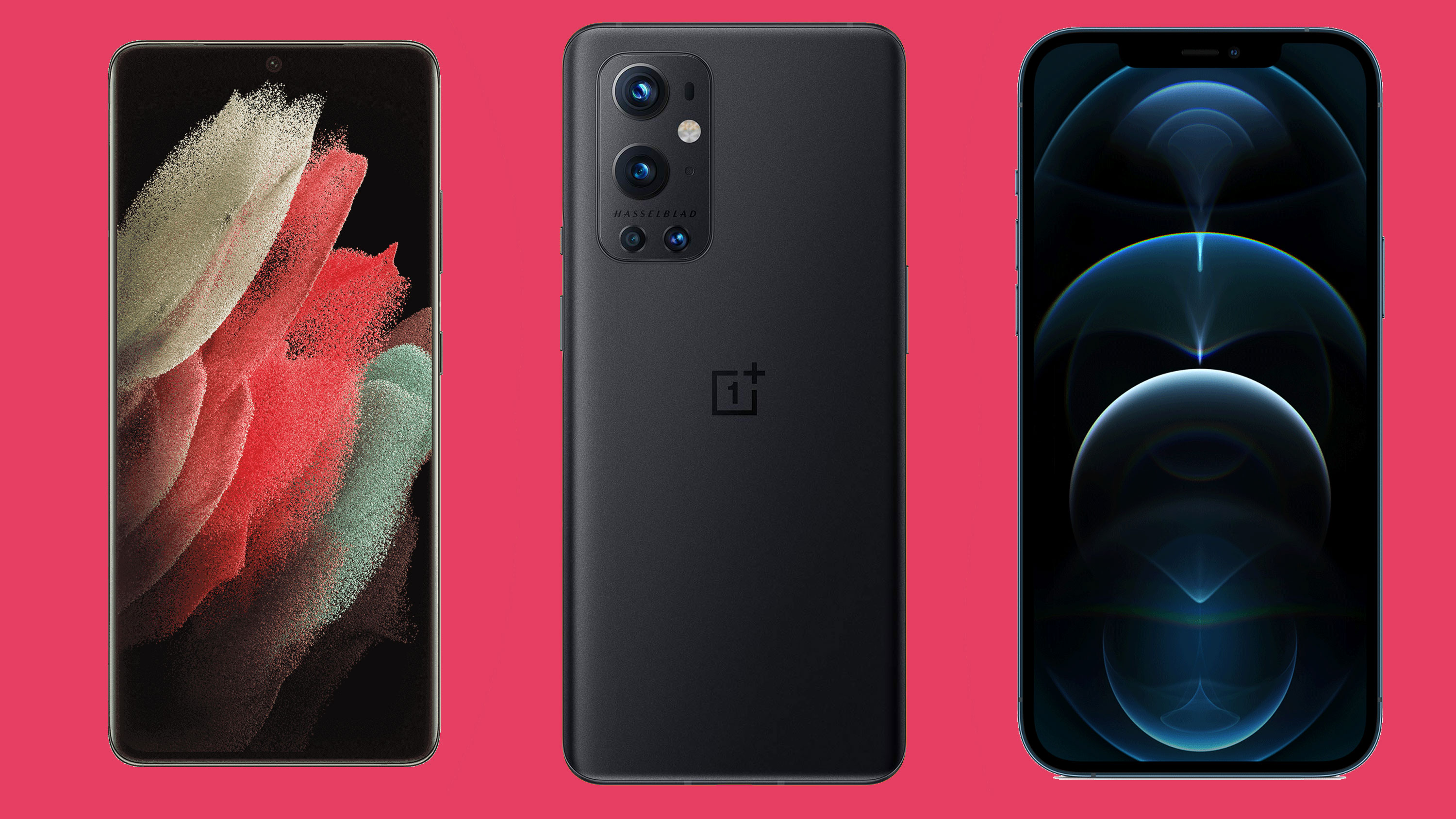"smartwatches And Cardiology: What Do the Experts Recommend?"
Introduction
Technology has revolutionized many aspects of our lives, and healthcare is no exception. One area where this is evident is cardiology, where devices like smartwatches now play a significant role. This article will explore why technology is crucial in cardiac care, the essential features a smartwatch should have for heart monitoring, the top recommended models by cardiologists, and how to choose the right device for your cardiac needs. We'll also peek into the future of cardiology, as forecasted by smartwatch technology.
Why Is Technology Crucial in Cardiac Care?
The tremendous advancements in technology have inevitably influenced all sectors, including healthcare. Particularly in the field of cardiology, technological tools, notably smartwatches, have become indispensable. Here is why:
• Continuous Monitoring: The heart's health requires persistent observation, often beyond human capabilities. However, technology overcomes this challenge seamlessly. Smartwatches, for example, can provide 24/7 heart screening, making them vital for patients with cardiac conditions.
• Early Detection: By continuously monitoring heart rates and identifying any irregularities, smartwatches can help detect symptoms of potential heart diseases at their earliest stages. This early detection can lead to prompt and effective treatment, thus minimizing the risks of severe heart ailments.
• Non-Invasive Solution: One of the apparent benefits of using smartwatches as a heart monitoring tool is that they are non-invasive. They can detect usual and unusual heart activities, including pulse rates and rhythm, without causing any discomfort to the user.
• Real-time Data: Smartwatches not only track heart rates but also offer real-time data that can be crucial for immediate medical attention. In an emergency, this data can be shared with healthcare professionals for a quick response.
As technology continues to evolve, smartwatches and similar devices are likely to become integral to cardiac care, ultimately improving patient outcomes.
What Essential Features Should a Smartwatch Have for Heart Health Monitoring?
The influx of smartwatches focused on health and wellness brings with it a multitude of features. However, when it comes to heart health monitoring, a few key characteristics set some devices apart from the rest. Here's a closer look at the essential features that a smartwatch should offer for optimal heart health monitoring.
1. Heart Rate Monitor: This feature is a must-have, as it records your heart beats per minute (BPM) around the clock. Whether you're resting, working, or exercising, a heart rate monitor provides insights into how your heart is performing.
2. Electrocardiogram (ECG/EKG): A smartwatch with an ECG feature goes a step further to track your heart rhythm. An ECG can detect irregularities such as atrial fibrillation, helping alert both patient and physician to potential issues.
3. Blood Oxygen (SpO2) Monitor: This vital feature tracks your blood oxygen level, a critical metric linked to heart health. Ongoing oxygen level tracking can provide early warnings of conditions such as sleep apnea that, if left untreated, can lead to serious heart conditions.
4. Fitness Tracking Capabilities: These encompass steps, stairs climbed, distance covered, and calories burned. Featured by almost every health-focused smartwatch, these metrics are valuable in maintaining a heart-healthy lifestyle.
5. Sleep Tracking: Good sleep is crucial for heart health. A smartwatch capable of tracking your sleep patterns, including light, deep, and REM sleep, can provide a wealth of insights into your overall wellbeing.
6. Data Sharing with Healthcare Providers: Lastly, a smartwatch should allow you to share the collated health data with your physicians. This feature facilitates better-informed and more timely interventions if any abnormalities arise.
When considering a smartwatch for heart health monitoring, focus on these core features. Remember, more isn't always better—as long as a device offers accurate, consistent, and valuable cardiac-related data, it can be an effective tool in maintaining and even improving heart health.
Which Smartwatches are Cardiologists Currently Recommending?
While there is a myriad of smartwatches available on the market, certain standout models are preferred by cardiologists for their robust heart health monitoring capabilities. Let's take a closer look at these models:
1. Apple Watch Series 6: Hailed as the 'guardian for your health', this smartwatch offers an impressive suite of cardiac monitoring features.
- Key Features: ECG tracking, SpO2 monitoring, regular heart-rate monitoring
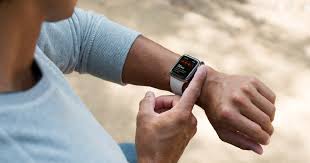
- Unique Element: FDA-cleared for ECG monitoring, which speaks volumes about its accuracy and reliability.
- Added Advantage: Equipped with SOS services for emergencies.
2. Fitbit Versa 3: This is another top choice among cardiologists for its extensive heart health metrics.
- Key Features: Continuous heart rate tracking, SpO2 monitoring (at night), sleep monitoring
- Unique Element: Offers personalized heart health insights for a more customized approach to cardiac care.
3. Garmin Forerunner 945: An excellent choice for those seeking comprehensive cardiac monitoring.
- Key Features: Features Pulse Ox and Vo2 max sensors, in-depth sleep analysis, and stress management metrics
- Unique Element: Celebrated for its innovative Vo2 max sensor technology.
These examples illustrate the range of options available when it comes to smartwatches designed for cardiac health monitoring. Each of these models offer unique advantages, and your choice will largely depend on your personal needs and the specific recommendations from your healthcare provider.
How Can You Choose the Right Smartwatch for Your Cardiac Needs?
Selecting the perfect smartwatch to monitor your cardiac health is a process that involves multiple factors. Here's a step-by-step guide to help you make an informed decision:
Step 1: Identify Your Personal Health Needs
- Determine the specific features you require. Is basic heart rate monitoring sufficient, or do you need advanced features like ECG, SpO2 and Vo2 Max tracking?
Step 2: Research for Credibility and Precision
- Assess the reliability of each device thoroughly. Look for studies or independent tests validating the accuracy of their health monitoring features.
- Browse consumer reviews for real-world information on device performance.
Step 3: Consult with Healthcare Provider
- Discuss with your healthcare provider the potential smartwatches you shortlisted.
- Understand which device would best align with your current health status and needs.
Step 4: Evaluate Usability
- Assess the ease of use of each device. This includes the comfort level when worn, ease of navigation through its apps, and readability of on-screen health data.
Step 5: Consider Your Budget
- Understand the cost implications of your preferred smartwatch based on the features it offers.
- Think about the value-for-money aspect. Ensure you're not over-spending on unneeded features, but also not compromising on crucial facilities due to cost.
Remember, choosing the right smartwatch for your cardiac needs is not just about having the latest tech on your wrist. It is a practical decision that has a direct impact on your health. Always prioritize your health needs and make a conscious decision that is in harmony with your health requirements, lifestyle preferences, and budget.
What Role Will Smartwatches Play in the Future of Cardiology?
Looking into the future, smartwatches have the potential to reshape cardiology significantly. Here's a glimpse into what they might offer:
- Versatility: By incorporating features for comprehensive health monitoring, such as blood pressure and advanced lipid profiles, their functionality could be substantially expanded.
- Real-Time Data Sharing: Advancements are predicted to enable immediate sharing and analysis of health data between doctors and patients.
- Non-Invasive Devices: The evolution of smartwatches could see them supplant or augment many traditional invasive monitoring apparatus.
- Personalized Healthcare: As technology progresses, we can anticipate a shift towards a more proactive, customised approach to healthcare.
Conclusion
The emergence of smartwatches in cardiology represents an essential step towards personalized, proactive healthcare. With a range of features designed to monitor heart health, these devices could be the future of cardiac care. But with the vast array of options available, it's vital to understand what each offers and to choose wisely based on your healthcare needs and lifestyle.
Related FAQs about what smartwatch do cardiologists recommend
Why are smartwatches becoming popular in cardiac health management?
Smartwatches are gaining popularity in cardiac care due to their constant monitoring capability, early disease detection, non-invasive nature, real-time data provision, and portability. The advanced models even offer features such as ECG, SpO2, and stress measurements, adding depth to heart health monitoring.
How reliable are smartwatches in heart health monitoring?
Smartwatches have significantly improved in terms of accuracy and reliability, with advanced models offering features like EKG and SpO2 measurements. While they can't replace medical-grade devices, they provide valuable insights for preventive care and enable early detection of possible complications.
Can a smartwatch replace medical-grade heart monitoring devices?
While smartwatches can offer valuable insights and facilitate early detection of potential issues, they are not meant to replace medical-grade devices. Smartwatches should be used as an adjunct to regular medical check-ups, not as a substitute for professional medical advice and examinations.

